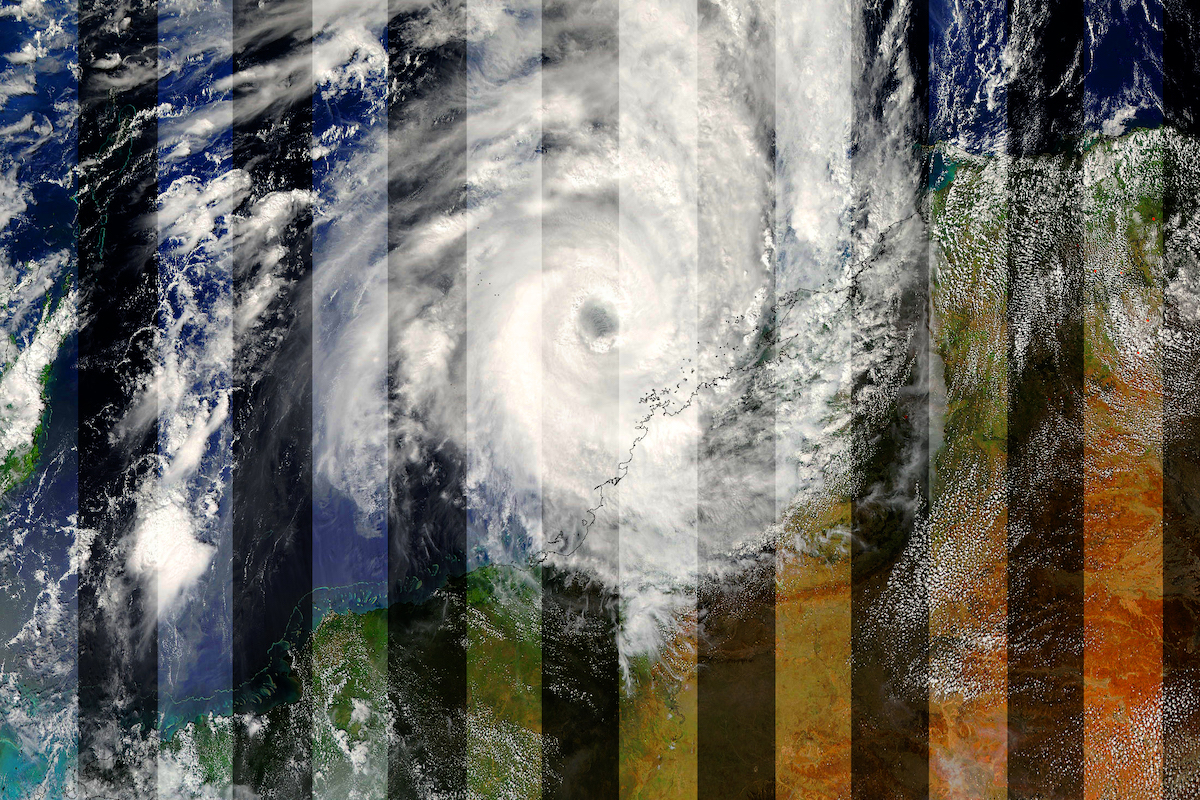 May 21, 2020 4:16 pm
Published by Climate Extremes
May 21, 2020 4:16 pm
Published by Climate Extremes
New research shows regional climate models consistently provide added value across Australia compared to global climate models. As a result, researchers and policymakers can obtain plausible improvements in future climate projections from the current generation of available RCMs.
 May 18, 2020 11:25 am
Published by Climate Extremes
May 18, 2020 11:25 am
Published by Climate Extremes
Central Europe has recently experienced extreme weather events, so researchers investigated whether this was the result of a weakening jet stream and changes to atmospheric circulation.
 May 18, 2020 11:02 am
Published by Climate Extremes
May 18, 2020 11:02 am
Published by Climate Extremes
Australian researchers assess the ability of recently released climate models to simulate the climate of Australia and the new scenarios for 21st Century climate change.
 May 13, 2020 10:33 am
Published by Climate Extremes
May 13, 2020 10:33 am
Published by Climate Extremes
By comparing two models, CLEX researchers found that the current generation of convection parameterisations fail to replicate the random, chaotic nature of real-life turbulent convection.
 May 11, 2020 12:10 pm
Published by Climate Extremes
May 11, 2020 12:10 pm
Published by Climate Extremes
Scott Wales (CLEX CMS) talks about working from home with Virtual Box.
 May 5, 2020 9:17 am
Published by Climate Extremes
May 5, 2020 9:17 am
Published by Climate Extremes
All data sources agree that positive IOD events are becoming stronger and occur more often and that the mean-state of the Indian Ocean is moving towards a more positive IOD-like state due to enhanced warming in the west compared to the east.
 May 2, 2020 4:00 am
Published by Climate Extremes
May 2, 2020 4:00 am
Published by Climate Extremes
Using a high-resolution ocean model, CLEX researchers unexpectedly found 80% of the transport in the warm water layer, known as Circumpolar Deep Water, approaches Antarctica in the colder regions.
 April 22, 2020 12:22 pm
Published by Climate Extremes
April 22, 2020 12:22 pm
Published by Climate Extremes
CLEX authors and colleagues from major Australian science organisations investigating climate examined the simulation of Australian climate in the new, state-of-the-art Coupled Model Intercomparison Project, phase 6 (CMIP6) models.
 April 16, 2020 10:06 am
Published by Climate Extremes
April 16, 2020 10:06 am
Published by Climate Extremes
New research finds Okubo-Weiss-Zeta parameter scheme has superior performance detecting tropical cyclone frequency characteristics compared to the CSIRO tracking scheme.
 April 15, 2020 1:51 pm
Published by Climate Extremes
April 15, 2020 1:51 pm
Published by Climate Extremes
To better assess the degree of organisation in radar observations CLEX researchers developed the Radar Organisation Metric (ROME). ROME's statistical properties suggest it is able to distinguish between the degree of convective organisation, and it also captures different regimes of the monsoon in Northern Australia.










